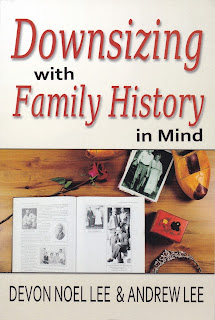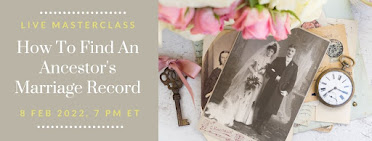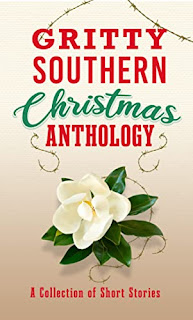Downsizing with Family History in Mind
Publisher: FHF Group LLC
https://www.familyhistoryfanatics.com/
Publication Year: 2019
Pages: 189
ISBN: 978-1-09797-973-8
Organizing genealogy records can be one of the most difficult tasks a genealogist has to tackle. Devon Noel Lee & Andrew Lee have published a book to help with this task.
We all know that it’s so difficult to decide what to keep and what not to keep. In Chapter 1 of Downsizing with Family History in Mind it is obvious that Lee understand this issue with the statement; “The hardest part of the process involves determining the degree of emotional attachment you have to items that invoke memories. Sometimes you know too much about your possessions. You may struggle with guilt that prevents you from giving things new homes which will enable you to fit into your new living situation.”
From the very beginning the authors promote the necessity of having a method and using that method consistently to downsize. Even suggesting that just de-cluttering just does not work, we must go further to accomplish our goal. The book not only gives the reader straight forward and easy instructions on downsizing but it also gives us the tools we need to evaluate our possessions to make the hard decisions.
Downsizing with Family History in Mind is written in short sections, no chapters assigned. That makes this book more of a reference book which is ideal for those of us that leave very busy lives and may not have the time to sit down and read the entire book from cover to cover. The Table of Contents is very clear about what each section is addressing and the reader can go right to the section that will help them at that moment and time.
Within each section, the subjects addressed have a clear heading in bold fonts with the text following. There are numerous headings that will catch the reader’s attention and make them stop and read. Such headings as Throw It All Out!-Method and I Can’t Let it Go”-Method got my attention and enticed me to read that section.
The authors have put together a very positive reference work gives you the feeling that they are on your side and not condemning you for how you have handled your piles of stuff. The more I read, the more I was inspired to take their suggestions and put them into practice. This was because of the encouragement they give the reader in the pages of their book.
As an archivist I was particularly interested in the section entitled Reduce: Evaluate Your Papers and Documents. The methodical way that the authors teach the reader to downsize and go through their personal papers is simply yet effective. The instructions are very clearly written and are short and to the point. Genealogists will definitely find this section most helpful when it comes to their piles of papers.
In the section Reclaim: Gain Space by Giving Away gives some great advice on where to give away your stuff. I was particularly pleased to see the authors suggest giving genealogical materials to museums, archives, universities, genealogical societies and libraries.
In every section there is what the authors call Action Plans. These actions plans “are designed to help you in your downsizing”. They are exactly as they are presented, plans of action to downsize specific types stuff to help you downsize. In the back of the book the authors give the readers several action plan options such as “Downsizing: 1-Hour Action Plan”, “Downsizing: Weekend Action Plan”, etc. These action plans gives the person doing the downsizing a step-by-step listing of what to do to downsize. These are great references to use as a guide, especially if you are feeling overwhelmed.
I can highly recommend this book by Devon Noel Lee & Andrew Lee to anyone that is looking to clean out the closets in their home, cleaning out the attic or just needing to clean out and organize their genealogy file cabinet. Whether you have an hour or a weekend to complete your downsizing task, using this book to help you with the job will make all the difference.
(This review was originally published in the Winter 2019 issue of the FGS magazine FORUM.)
*****























